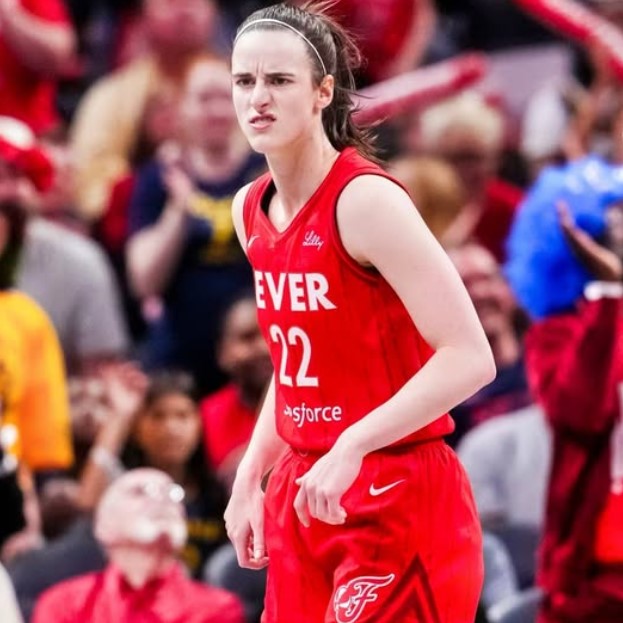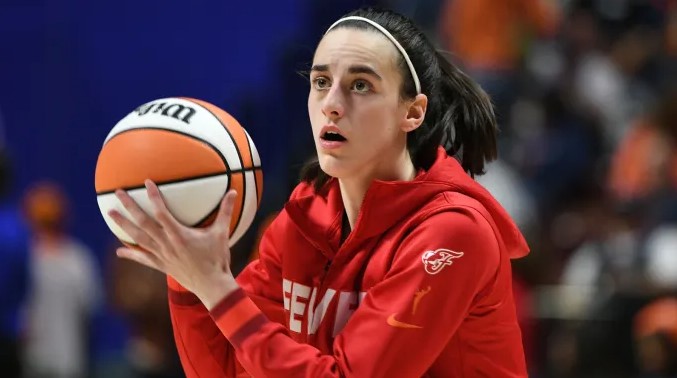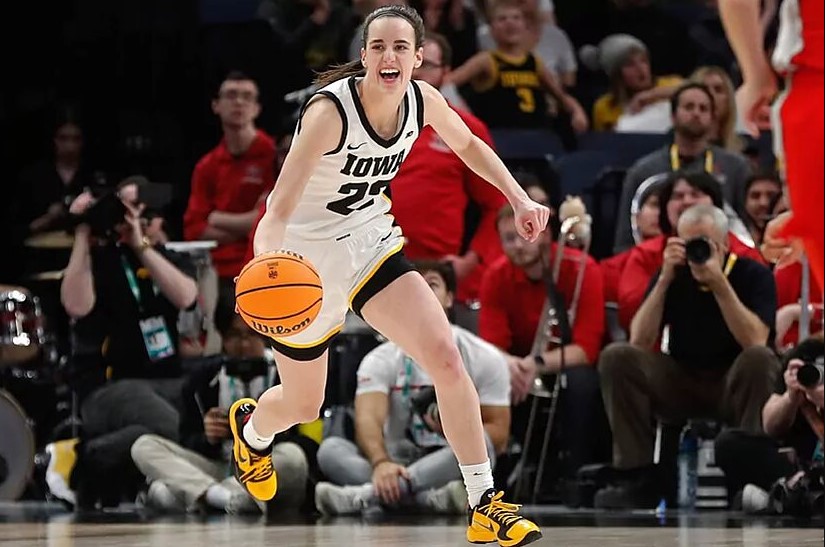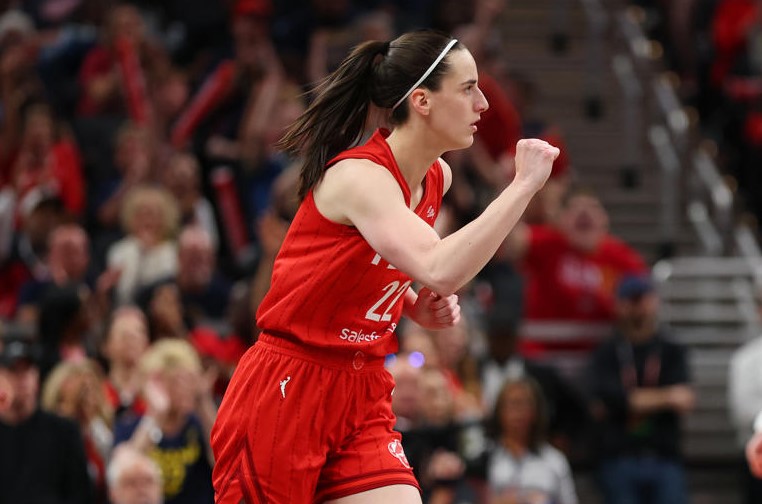Caitlin Clark’s Secret Mission: 6 Private Jets Carry 4 Tons of Hope from Indianapolis to Texas
When six private jets simultaneously took off from Indianapolis International Airport in the early morning hours, displaying “Caitlin Clark Foundation” prominently across their fuselages, airport staff and onlookers were left speechless by the unexpected sight of such a coordinated humanitarian operation. The 22-year-old basketball phenomenon, who had recently concluded her legendary college career and stepped into the WNBA spotlight with unprecedented fanfare, was quietly orchestrating one of the most remarkable relief efforts in recent memory, demonstrating that her impact extends far beyond the basketball court.

Nearly four tons of carefully packaged food supplies filled the cargo holds of these aircraft, representing not luxury items or expensive gifts, but essential sustenance including bags of rice, cases of bottled water, canned goods, and thousands of pre-prepared meals, all destined for Texas communities struggling with the devastating aftermath of natural disasters. This massive undertaking was conceived and executed in less than 48 hours, after Clark witnessed heart-wrenching images of food shortages affecting Texas families through various media outlets, compelling her to transform concern into immediate action.

The basketball superstar’s decision to use her platform and personal resources for humanitarian purposes reflects a deeper character that many fans are only beginning to discover, as she has consistently chosen to operate her charitable endeavors away from the spotlight, preferring genuine impact over public recognition. Clark’s approach to philanthropy represents a refreshing departure from celebrity activism, as she refuses media appearances and promotional opportunities that could transform her humanitarian work into a publicity campaign, instead focusing entirely on delivering aid to those who need it most.
Behind the scenes, Clark’s team worked tirelessly to coordinate with established relief organizations, local food banks, and volunteer networks across Texas, ensuring that every pound of food would reach the families and communities most severely affected by the ongoing crisis. The logistics of this operation required unprecedented coordination between multiple airports, flight crews, ground transportation teams, and distribution centers, all working together to create a seamless pipeline of aid from Indianapolis to the most vulnerable populations in Texas.

What makes this story particularly moving is Clark’s insistence on personal involvement in every aspect of the operation, from selecting the types of food items that would be most beneficial to families, to personally funding the entire mission without seeking donations or corporate sponsorship. Her hands-on approach extended to working alongside volunteers in Indianapolis warehouses, helping to pack and organize supplies, demonstrating that her commitment to helping others goes beyond simply writing checks or making public statements about social responsibility.
The emotional impact of Clark’s humanitarian mission became evident when the aircraft landed in Texas, where hundreds of volunteers had gathered to receive and distribute the food supplies to the hardest-hit areas, many expressing overwhelming gratitude for the generosity of someone they had only known through her athletic achievements. Family after family shared tearful testimonials about how these food deliveries represented more than just meals – they symbolized hope, compassion, and the knowledge that people across the country cared about their struggles and were willing to take concrete action to help.

Local Texas officials and community leaders were equally moved by the scope and thoughtfulness of Clark’s initiative, noting that the timing of the deliveries coincided perfectly with the greatest need in their communities, suggesting careful research and planning rather than a spontaneous gesture. The fact that Clark chose to remain anonymous throughout the distribution process, allowing local organizations to take credit for the relief effort, further demonstrated her genuine commitment to service over self-promotion.
This remarkable humanitarian mission has sparked conversations about the responsibility that comes with fame and influence, particularly among young athletes who possess the platform and resources to make meaningful differences in their communities and beyond. Clark’s example stands in stark contrast to the often superficial nature of celebrity philanthropy, showing that genuine impact requires personal investment, careful planning, and a willingness to work behind the scenes without seeking recognition or praise.

The ripple effects of this food relief mission continue to spread throughout Texas communities, where families are not only receiving immediate assistance but also experiencing renewed faith in human kindness and generosity during their darkest moments. Many recipients have expressed their intention to pay forward Clark’s kindness when they are able, creating a expanding circle of compassion that extends far beyond the original four tons of food supplies.
As news of this humanitarian mission spreads across social media and traditional news outlets, Clark’s actions are inspiring other athletes, celebrities, and ordinary citizens to consider how they might use their own resources and influence to address urgent needs in their communities. The basketball star’s approach demonstrates that meaningful philanthropy doesn’t require grand gestures or public ceremonies – sometimes the most powerful impact comes from quiet, consistent action focused entirely on helping others rather than building one’s own reputation.

This incredible story of six private jets, four tons of food, and one young woman’s determination to help her fellow Americans serves as a powerful reminder that true leadership often happens away from cameras and crowds, in the unglamorous work of addressing real human needs with practical, immediate solutions.